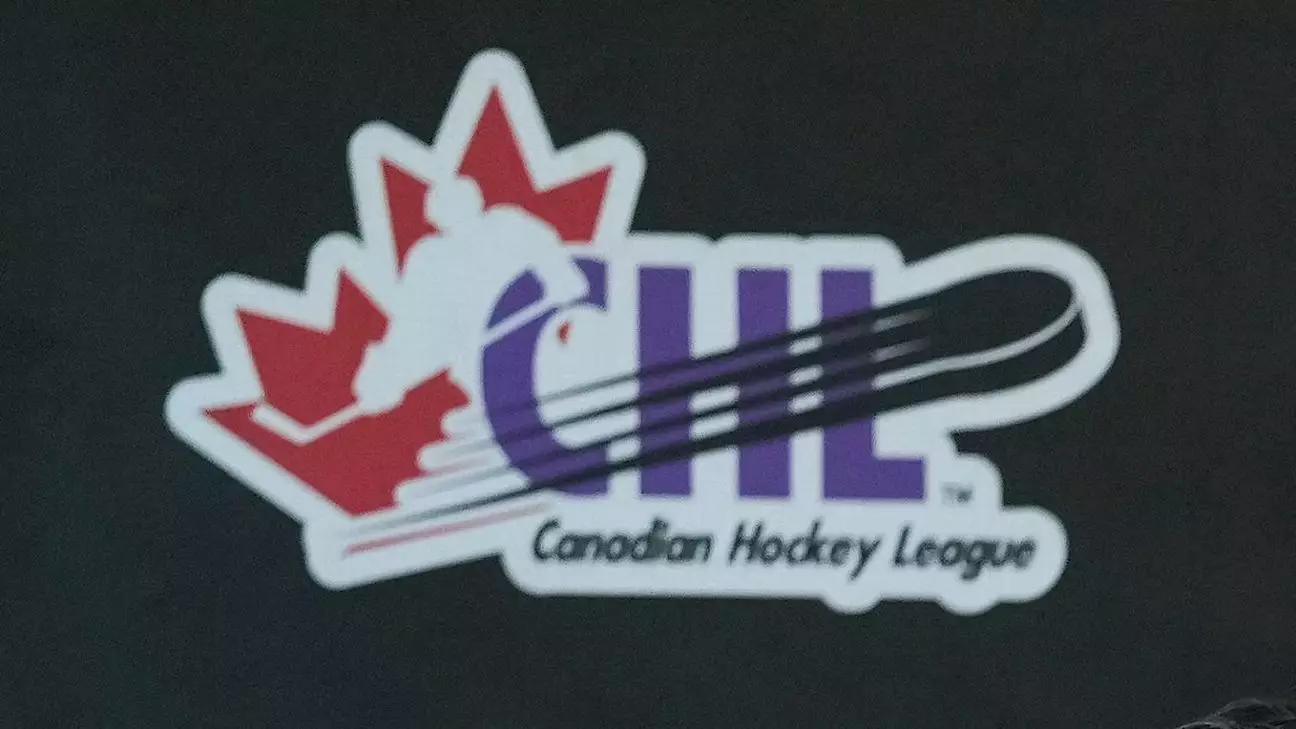The NCAA Division I Council is on the brink of a transformative decision that could reshape the landscape of college hockey in the United States. This week, council members are expected to deliberate on the eligibility of Canadian Hockey League (CHL) players for NCAA competitions, a move that advocates believe would encourage greater inclusivity and diversity among student-athletes. Recent developments, including a class-action lawsuit, have amplified calls for change, resulting in significant attention from stakeholders across the hockey community.
Forrest Karr, executive director of the American Hockey Coaches Association and the athletic director at the University of Minnesota-Duluth, has played a pivotal role in spearheading discussions around this critical issue. He oversaw a dedicated committee tasked with revising the eligibility rules for CHL players at the NCAA’s behest. According to Karr, the council’s meeting scheduled for this week will explore not only the recommendations regarding CHL players but also rules concerning athletes in skiing, who face similar restrictions if they have previously engaged with professional teams.
Karr’s proactive approach indicates a significant shift in the NCAA’s traditionally rigid stance on amateurism. Should the council decide to revise the existing legislation, further discussions are anticipated regarding the timeline for when these adjustments would take effect. This action could pave the way for more inclusive participation for CHL players, who have long been sidelined due to current eligibility restrictions.
The push for change has been dramatically intensified by a recent class-action lawsuit filed in U.S. District Court in Buffalo, New York. The lawsuit challenges the NCAA’s longstanding prohibition against players from major junior leagues, such as the Western Hockey League (WHL), Ontario Hockey League (OHL), and Quebec Major Junior Hockey League (QMJHL). The legal action stems from the plight of Riley Masterson, a young athlete who, having played two exhibition games in the OHL, found his college eligibility revoked.
This lawsuit represents a critical moment in collegiate athletics and advocates believe it may serve as a tipping point. With attorney Stephen Lagos expressing optimism over the upcoming NCAA meetings, the outcomes could signify a monumental shift not only for current CHL players but also for future prospects aiming for a dual pathway in both NCAA and NHL pursuits.
Should the NCAA choose to lift its ban on CHL players, the implications for the college hockey scene could be far-reaching. For starters, allowing CHL players into NCAA programs could escalate competition, with both leagues vying for top-tier talent. As institutions are keen to attract the best players, a more inclusive policy could also enrich the quality of play in NCAA hockey.
Moreover, North America’s two prime producers of NHL draft-eligible players — the CHL and NCAA — would find themselves in more direct competition, redefining pathways for aspiring professional athletes. The potential for rivalry between the two leagues would likely prompt them to enhance their offerings, whether through better scholarships, coaching, or facilities.
Encouragingly, mentions of a player already committing to an NCAA program, like Braxton Whitehead’s agreement with Arizona State, serve as early indicators of a changing perspective. If the NCAA welcomes CHL athletes, it could ignite a trend where more players consider college hockey as a viable alternative to junior leagues, blending academic pursuits with athletic aspirations.
The discussions around NCAA eligibility for CHL players are not merely bureaucratic adjustments; they represent broader movements toward inclusiveness and progression within collegiate sports. As the NCAA prepares for crucial meetings, stakeholders eagerly await a decision that could transform American hockey, creating new opportunities for athletes who seek to balance competitive play with education. The potential to grant CHL athletes access to NCAA programs reflects an evolving understanding of amateurism and a willingness to adapt to the modern landscape of athletics. Whatever the outcome, the unfolding narrative promises to leave an indelible mark on the trajectory of college hockey in the United States and Canada.

